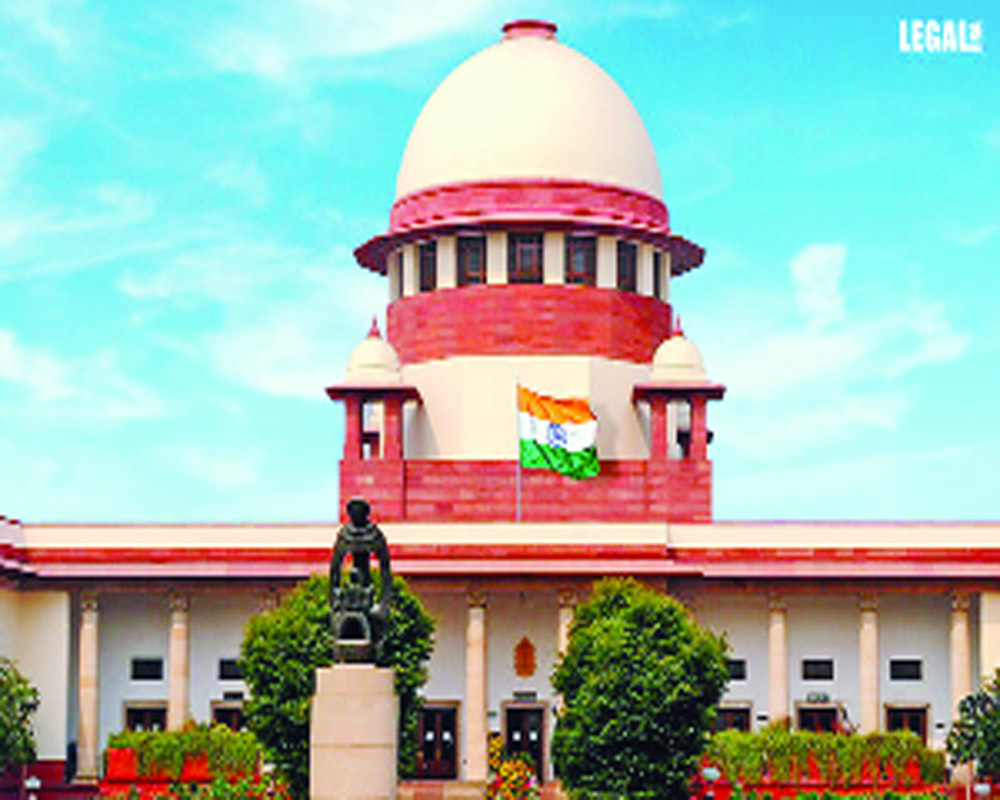Eradication of the influence of criminality in politics must be taken up on priority
In recent years, the issue of criminalisation in politics has increasingly come under scrutiny. With more politicians facing criminal charges and convictions, questions have arisen about whether the legal framework governing their disqualification from contesting elections is adequate. The ongoing debate, highlighted by a recent Supreme Court case challenging the constitutional validity of limiting disqualification periods, brings to the fore not only legal interpretations but also the broader menace of criminal influences in our political system. A petition filed before the Supreme Court has argued for a lifetime ban on convicted politicians from contesting elections. The petitioner contends that limiting disqualification to a fixed period—currently six years after release for offenses under Section 8 of the Representation of the People Act, 1951—undermines constitutional provisions designed to keep criminals away from power. In response, the Centre has defended the existing provisions, arguing that a lifetime ban is “unduly harsh” and that it would amount to directing Parliament to frame a law in a particular manner—an overreach of judicial power. The government’s counter-affidavit emphasises that there are numerous penal laws that operate within a time-bound framework, ensuring that deterrence is balanced against the need to avoid undue severity.
This legal tussle highlights a crucial policy debate: should convicted politicians face an indefinite prohibition from electoral participation, or is a fixed term of disqualification both constitutional and proportionate? The government argues that the current system, which temporarily excludes convicted individuals, respects the principles of proportionality and reasonability. In its view, the legislative choice to limit the disqualification period is designed to offer both a punitive and rehabilitative measure while preserving democratic participation. Beyond legal debates, the deeper issue remains the rising tide of criminality within political circles. Criminal elements entering politics not only threaten the integrity of democratic institutions but also erode public trust. Politicians with a history of criminal behaviour may be more likely to engage in corrupt practices, undermining the rule of law. As criminalisation in politics becomes more pronounced, the call for stringent measures intensifies. Addressing the criminalisation of politics requires a multi-pronged approach that extends beyond the question of lifetime bans. Parliament could consider revisiting and potentially tightening the eligibility criteria for political candidates. Whether through a longer ban or additional restrictions for those convicted of certain serious crimes, legislative reforms should aim to disincentivise criminal conduct. There may be strong arguments for and against the life ban of convicted persons becoming lawmakers but one thing all can agree upon is that we do not need them in our parliament or state assemblies. How to do it is not difficult but who will bell the cat?
























